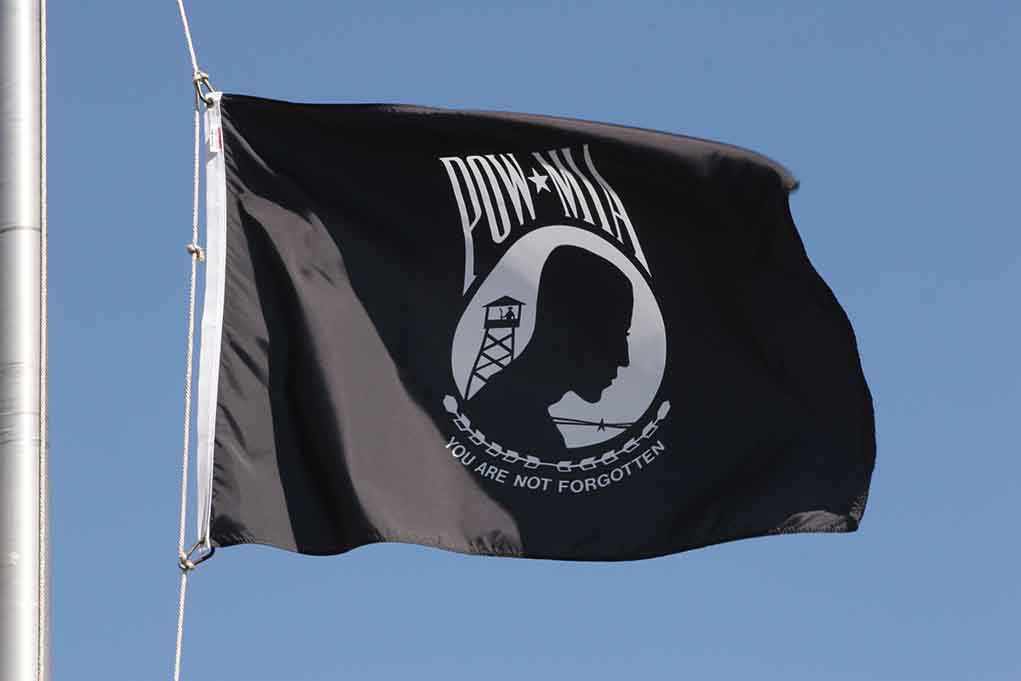
The Vietnam War redefined American patriotism, transforming it from blind allegiance to a complex blend of dissent and national pride.
Story Snapshot
- The Vietnam War spanned from 1955–1975, deeply dividing American society.
- Televised coverage and government deception fueled public protests.
- The war catalyzed a shift in American patriotism to a more questioning stance.
- Its legacy continues to influence U.S. military and foreign policy.
The Vietnam War’s Impact on American Society
The Vietnam War, a protracted conflict involving North Vietnam and its communist allies against South Vietnam, supported by the United States, was marked by unclear objectives and mounting casualties. This deeply controversial war (1955–1975) divided American society and brought powerful images into living rooms through television, altering public perception. The war’s divisiveness catalyzed a transformation in how Americans expressed patriotism, shifting from uncritical support of government policy to a more questioning and pluralistic stance.
The televised nature of the war brought graphic images and reports directly to the American public. Major news networks, alongside journalists like Walter Cronkite, played significant roles in shaping public opinion. The media’s coverage of events such as the Tet Offensive and the revelation of the My Lai Massacre shocked the U.S. public. These reports highlighted the war’s brutal realities and contributed to growing antiwar sentiment, leading to widespread protests and a generational conflict.
Government Deception and Public Outcry
The exposure of government deception, such as the Pentagon Papers, revealed the extent of misinformation regarding the war’s progress. This further fueled public discontent and eroded trust in government officials. The antiwar movement gained momentum, with organizations like Students for a Democratic Society and Vietnam Veterans Against the War leading protests. The Kent State shootings in 1970 exemplified the tensions between the government and its citizens, resulting in tragic consequences and further exacerbating national division.
Public figures and political leaders found themselves at odds as the war drew criticism from various sectors of society. The civil rights movement and generational change amplified dissent, challenging the traditional notions of patriotism. Instead of blind allegiance, many Americans began to view dissent as a form of patriotic duty, advocating for what they believed was in the nation’s best interest.
The War’s Enduring Legacy
The Vietnam War’s legacy continues to shape political and social discourse in the United States. It has left an indelible mark on American military and foreign policy, leading to what is often referred to as the “Vietnam Syndrome”—a cautious approach to military intervention. The war’s impact extends to American civic identity, prompting ongoing reassessment of veterans’ experiences and antiwar activism.
In recent years, documentaries such as Ken Burns’ “The Vietnam War” have renewed public interest and debate, offering nuanced perspectives on the conflict’s complexities. Commemorations of the war’s 50th anniversary have prompted reflections on the sacrifices made by both American and Vietnamese people. As the United States and Vietnam have normalized relations, the war’s lessons continue to influence contemporary policy decisions.
Sources:
Encyclopaedia Britannica: Vietnam War Timeline
Pritzker Military Museum: Key Battles
U.S. Vietnam War Commemoration: Timeline




